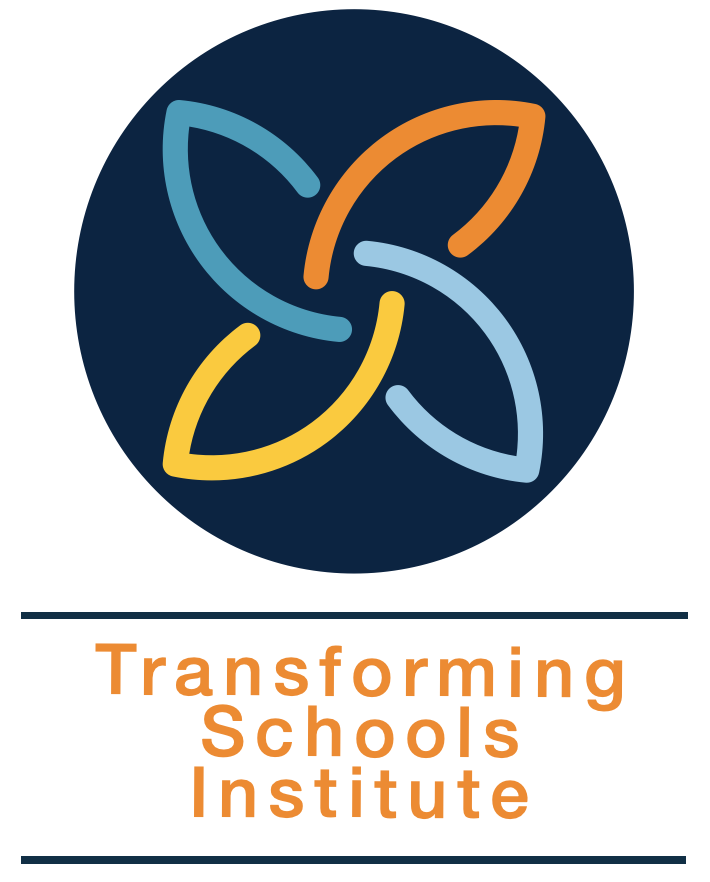Archeology of Self
Facilitator: Alan Phan
Alan is the Founder of the Diversity Collective and Associate Head of School at The Evergreen School in Seattle, Washington. Before joining Evergreen, he was the Head of School at North London Collegiate School HCMC in Vietnam. He also served as a Principal at international schools in Shanghai, Chennai, Barcelona, and London. With 20 years of recruitment experience in international and independent schools, he witnessed the lack of diversity in faculty and leadership positions. Thus, Alan focused his doctoral research on the intersection of gender, ethnicities, and leadership in international schools. Furthermore, as an openly gay Asian American leader, he experienced how international schools lacked inclusivity and resources for marginalized individuals. These same experiences provided the motivation to move school communities forward by critically considering the roles that gender, sexual orientation, and race play in hiring practices. With the Diversity Collective, he's acting to bring transformative change to international and independent schools.
To learn more about how Alan supports schools: www.diversityfair.org
Session Overview
Who are you? A simple question should invite a simple answer. But there is nothing simple about you, me, or the society in which we live. And this complexity of identity does not disappear when we go to work or school. This workshop will explore how our multifaceted identities intersect across race, gender, class, age, ability, and much more. We will understand how different aspects of our identity become more salient depending on the given environment and how that can lead to advantages or disadvantages. How can we use our identities to improve our communities? This workshop builds on one's identity and empowers participants to positively influence their communities. Within a given context, some of our identifiers afford us privilege while others do not. This workshop helps participants identify how key aspects of their identity influence their own daily interactions and those of others around them. By recognizing where we hold social power (and we all do), we can determine how and when to advocate for others while creating a more just and equitable school.
Session Outcomes
Explore the multiple identities of a person
Recognize how the saliency of our specific identifiers change depending on the setting
Empathize with others and their identities
Recognize that privileges and oppression come with different identities
Acknowledge the different ways identities have advantages and disadvantages
Utilize our position and privilege to improve our community
Research Connections
Gholdy Muhammad - Cultivating Genius
Kimberlé Crenshaw - On Intersectionality Essential Writings
Richard Delgado and Jean Stefancic - Critical Race Theory
Equal Justice Initiative - https://eji.org/
Who Should Attend
Anyone who is ready to discover and learning about oneself to be self aware of our identities and how they impact oneself and others.

